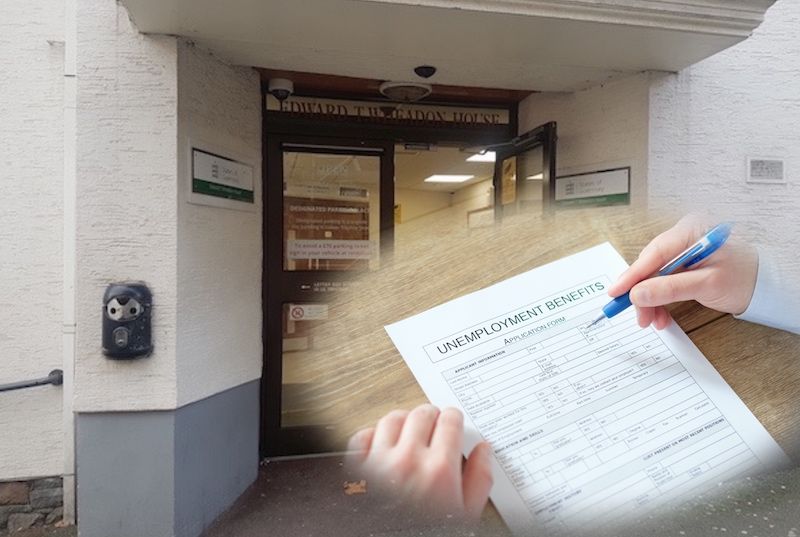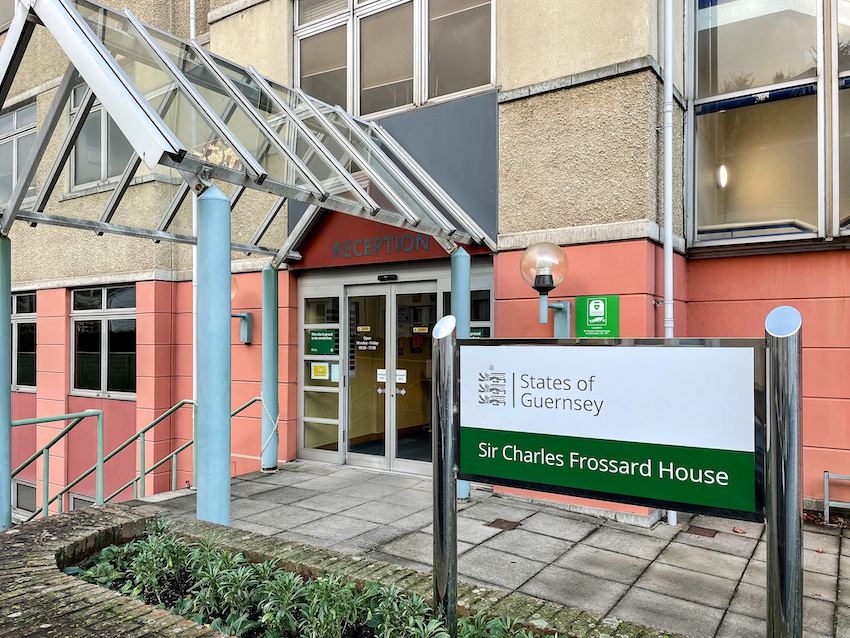


People with “lazyitis” playing the benefits system will be one focus of a new review to increase the number of people working.
The States unanimously approved an amendment by Deputy Marc Leadbeater to look at participation levels in the workforce.
“There are many reasons for non and partial economic participation, such as the lack of adequate shelter, physical health problems, mental health issues, early retirement, the absence of opportunity and also, like both my grandmother's will call it, lazyitis.”
The amendment looks to get as many people as possible off unemployment and long-term sickness benefits and into the workplace.
“Now I'm not saying that everyone receiving these benefits is easily able to become economically active. Of course not. But that doesn't mean that we should not simply address those who can.”

Pictured: Deputy Marc Leadbeater.
There was a very broad spectrum of factors that contribute to non-participation in the workforce, that included the menopause, he said.
“I have been educated a bit recently as to how the menopause can be completely debilitating,” he said.
“For some women, how it can cut their careers drastically short, how it can have serious negative effects on their life and their ability to participate in many things be at work or just day to day life. This is the type of issue that needs to be fully understood. So we can look at strategies and policies that seek to mitigate and help those women suffering the effects of the menopause who wish to continue in or re-enter into employment to achieve their wish.”
He went on to give an example of lazyitis - a description of someone who has the ability to do something but just does not.
“This is probably the single biggest issue that gets hard working members of our community worked up when we talk about further increases in tax and social security contributions, when they see someone in our community that tries as hard as possible to contribute nothing and take everything,” said Deputy Leadbeater.
“Most people on benefits are not like this at all. Some are and we need to accept that to begin to address the problem and not just take the easy way out pretending it doesn't exist.”
In every society, there will be some that will choose to play the system to their advantage, he said.
Deputy Leadbeater has heard about people pretending to be unfit for work, but still getting drunk in the pub each week, or someone on incapacity benefit doing dog walking on the side for cash.
“There are also those who don't get much in the way of benefits on the social, but that a doctor prescribes enough benzos and opiates each week to sell, they're better off even if they're working. And it does happen.”
He gave more examples.
“A civil servant came to me about five years ago, complaining about one of their colleagues who was on long term sickness for over six months already at that time. The incapacitated colleague of his was apparently incapable of coming into the office because of their bad shoulder,” he said.
“But good old Facebook again showed a photo of this person on holiday at an animal sanctuary with a leather gauntlet and a Falcon on their arm. They were perfectly fine to take their car on the ferry and drive around the UK, but they're incapable of using the lift at Sir Charles Frossard House. The drop in morale in that department because of this person resulted in the person that originally complained to me going on long term stress related sickness themselves, before eventually leaving the organisation with a nice fat compromise agreement.”

Pictured: Sir Charles Frossard House.
Expenditure on unemployment benefit in 2022 was £281,000 and the cost of providing income support to those classed as seeking work was £10.24m.
Spending on sickness benefit was £5.01m. and on incapacity benefit £10.44m.
“When you combine the amount paid to those unemployed and those on sickness benefit, it comes to over £26m on an annual basis. These are not insignificant numbers. That amounts to over £400 per person for every person living in Guernsey, adult, child, taxpayer or not. The cost of providing income support to people or to single parents in 2022 was £7.04m. Would it not be a better use of some of that money to provide more childcare and seek to incentivize some of those parents into work where appropriate?”
The amendment was seconded by Deputy Andy Cameron.
Policy & Resources and Employment & Social Security need to report back by January 2024 with conclusions and proposals.
Comments
Comments on this story express the views of the commentator only, not Bailiwick Publishing. We are unable to guarantee the accuracy of any of those comments.